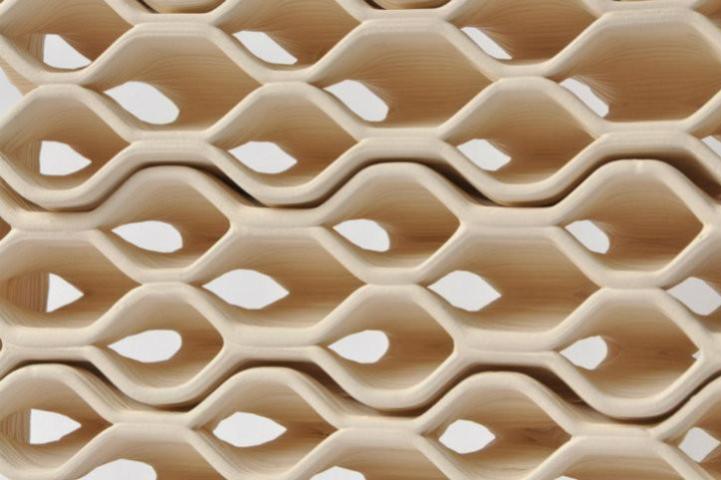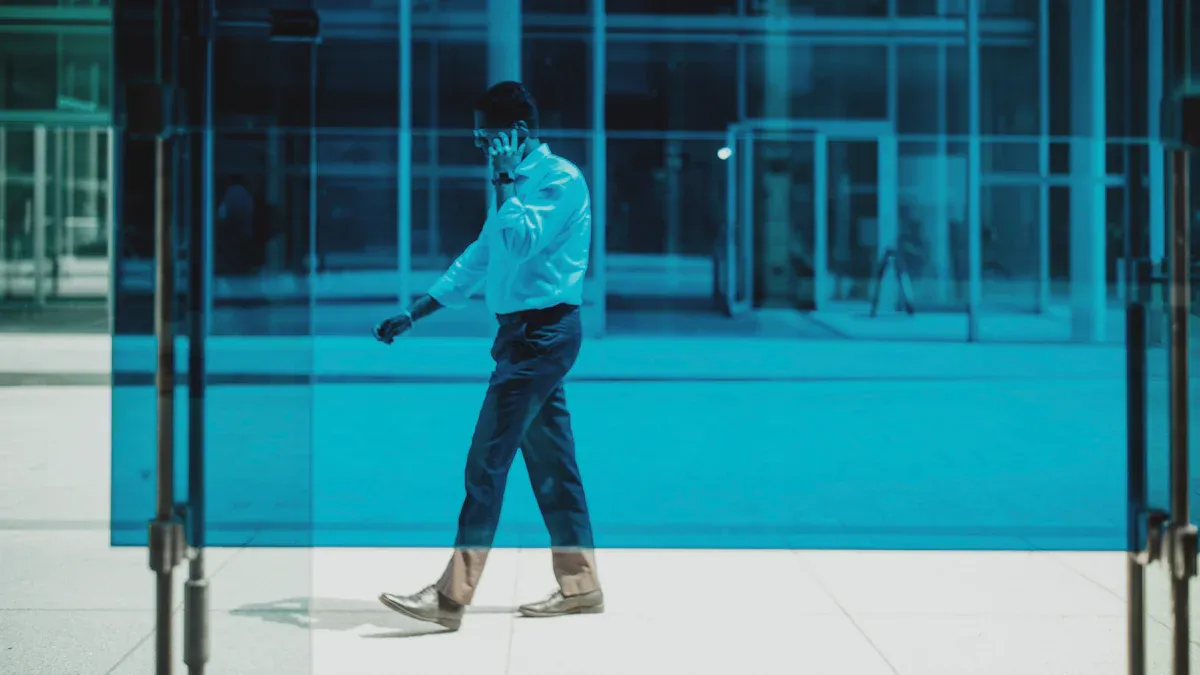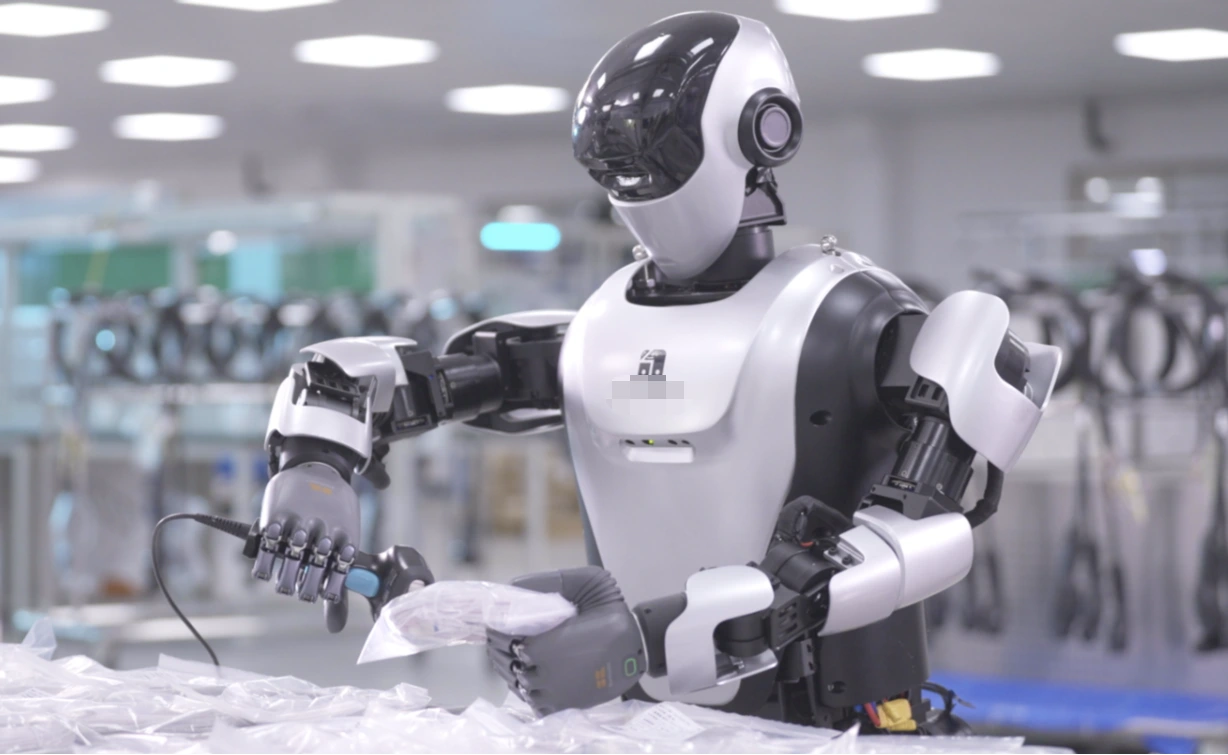
In recent years, modern buildings have revolutionized the architectural landscape, offering numerous advantages over traditional structures. From enhanced sustainability and energy efficiency to improved functionality and aesthetics, modern buildings have become the epitome of architectural excellence. In this blog post, we will delve into the reasons why modern buildings are better, exploring their key features and the benefits they bring to our lives.
- Sustainable Design:
One of the primary reasons modern buildings are superior is their commitment to sustainable design. With the pressing need to address climate change and reduce our carbon footprint, architects have embraced eco-friendly practices. Modern buildings incorporate renewable energy sources, such as solar panels and wind turbines, to generate electricity. Additionally, they utilize advanced insulation materials, efficient HVAC systems, and water-saving fixtures to minimize energy and resource consumption. By prioritizing sustainability, modern buildings contribute to a greener future. - Technological Integration:
Modern buildings seamlessly integrate cutting-edge technologies, transforming the way we live and work. Smart home systems allow residents to control lighting, temperature, and security through their smartphones, enhancing convenience and energy efficiency. Furthermore, advanced building management systems optimize energy usage, monitor air quality, and detect maintenance issues in real-time, ensuring a comfortable and safe environment. The integration of technology in modern buildings not only improves functionality but also enhances the overall user experience. - Flexibility and Adaptability:
Unlike their traditional counterparts, modern buildings are designed with flexibility and adaptability in mind. Open floor plans and modular construction techniques allow for easy reconfiguration of spaces to accommodate changing needs. This flexibility is particularly beneficial in commercial buildings, where businesses can easily modify their office layouts to suit evolving work dynamics. Moreover, modern buildings can be easily retrofitted with new technologies and sustainable features, ensuring longevity and future-proofing. - Aesthetics and Urban Integration:
Modern buildings are renowned for their striking aesthetics and ability to harmonize with urban landscapes. Architects now prioritize the integration of buildings into their surroundings, considering factors such as scale, materials, and visual impact. By incorporating green spaces, rooftop gardens, and sustainable facades, modern buildings contribute to a more visually appealing and livable urban environment. This focus on aesthetics not only enhances the quality of life for residents but also boosts the overall appeal and value of the surrounding area.
Conclusion:
Modern buildings have revolutionized the field of architecture, offering a multitude of advantages over traditional structures. From sustainable design and technological integration to flexibility and aesthetic appeal, these buildings represent a paradigm shift in the way we construct and inhabit spaces. As we continue to prioritize sustainability and innovation, modern buildings will play a crucial role in shaping a better and more sustainable future for generations to come.


